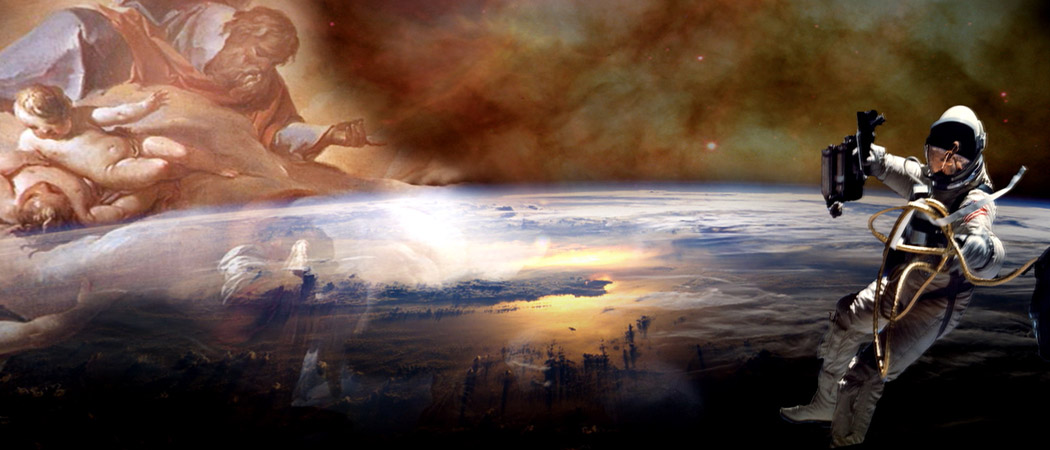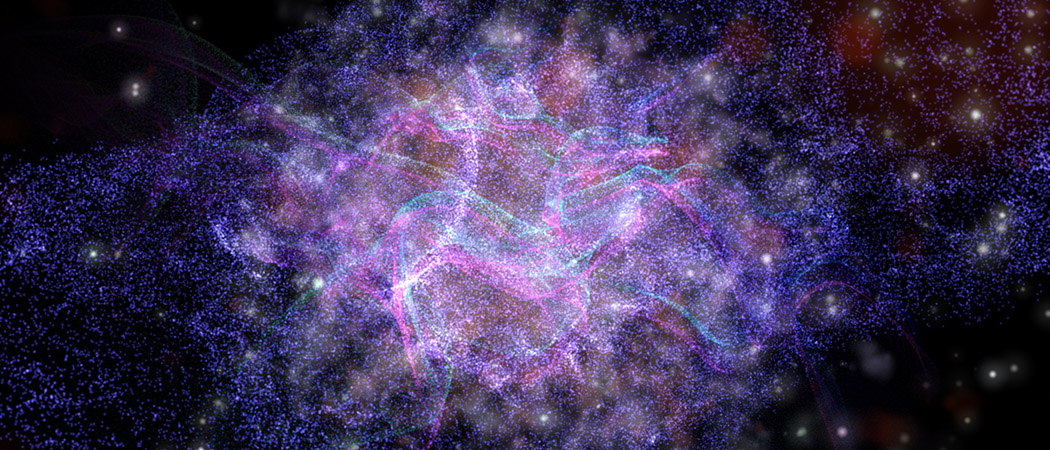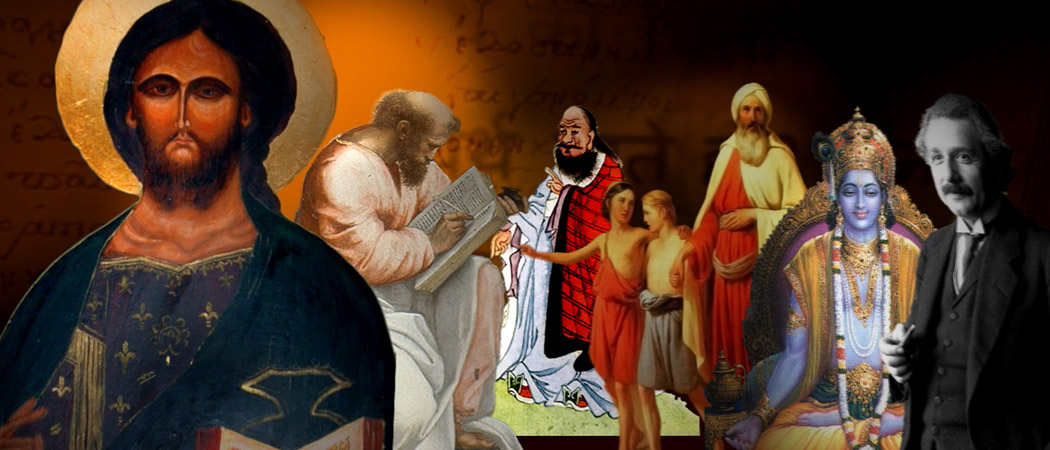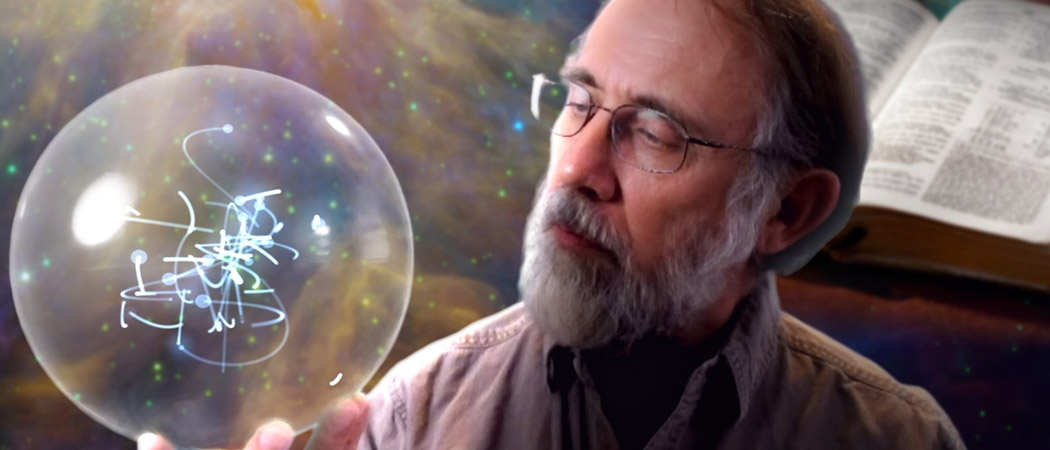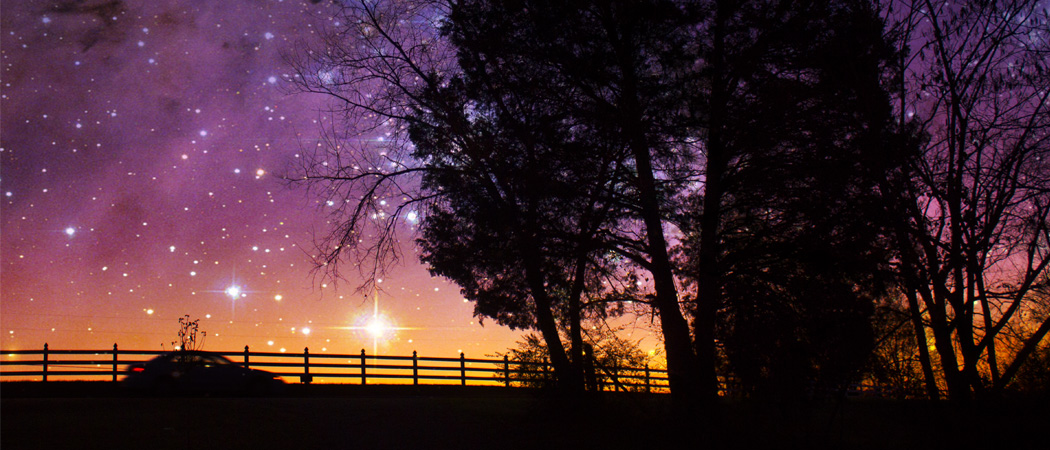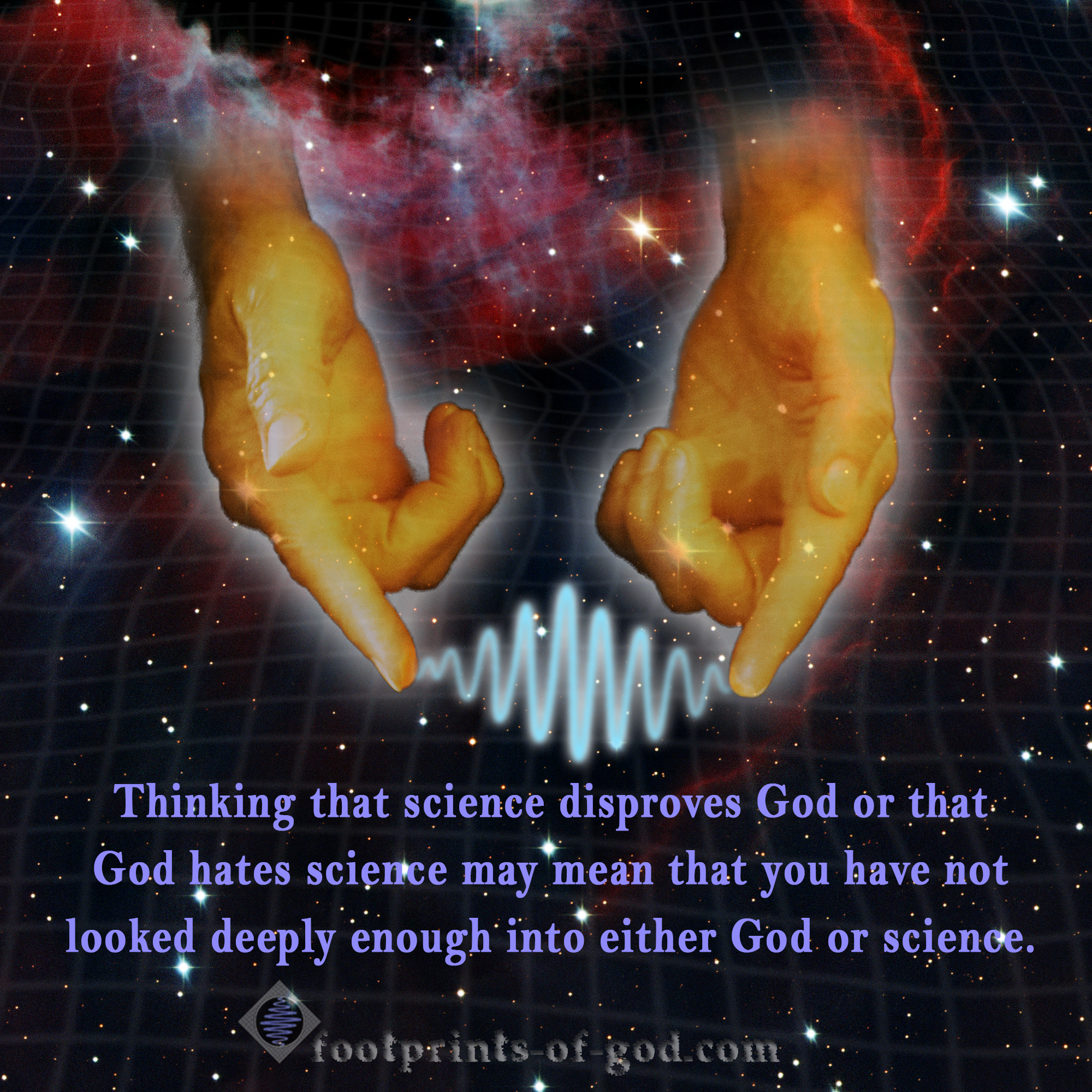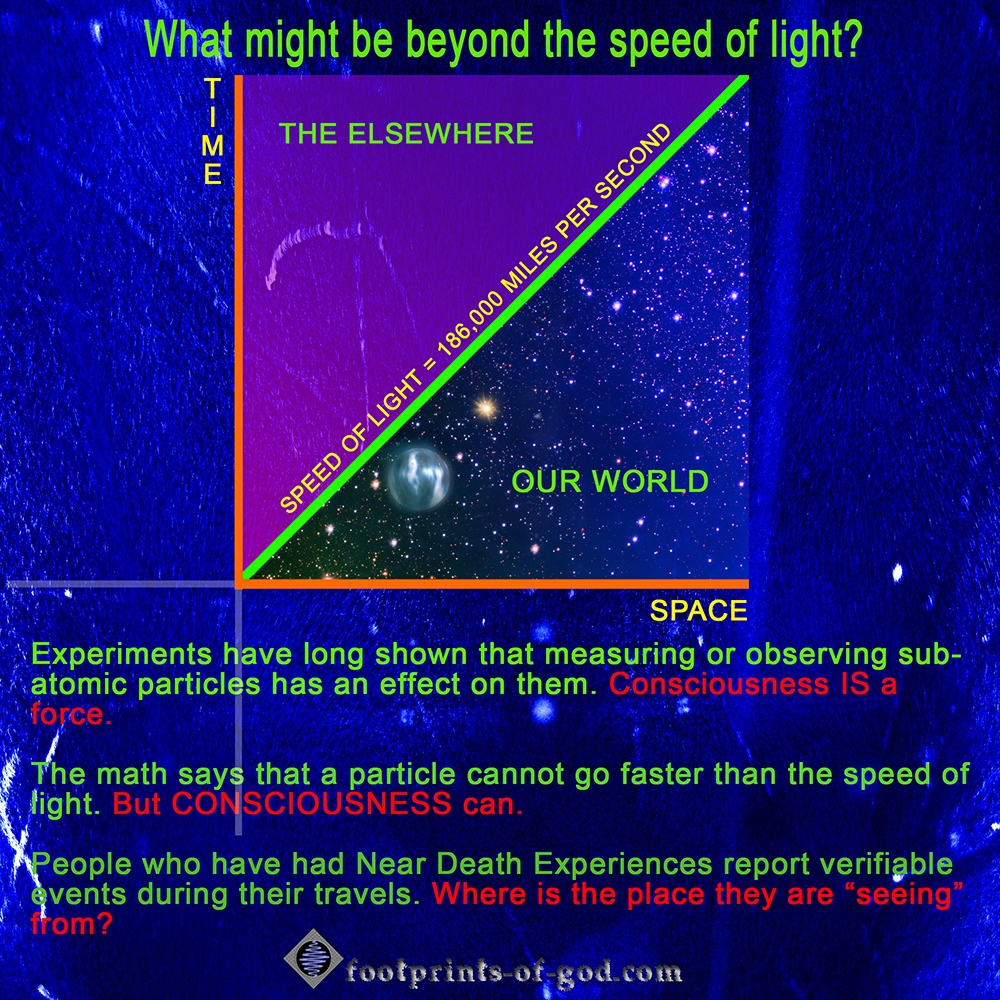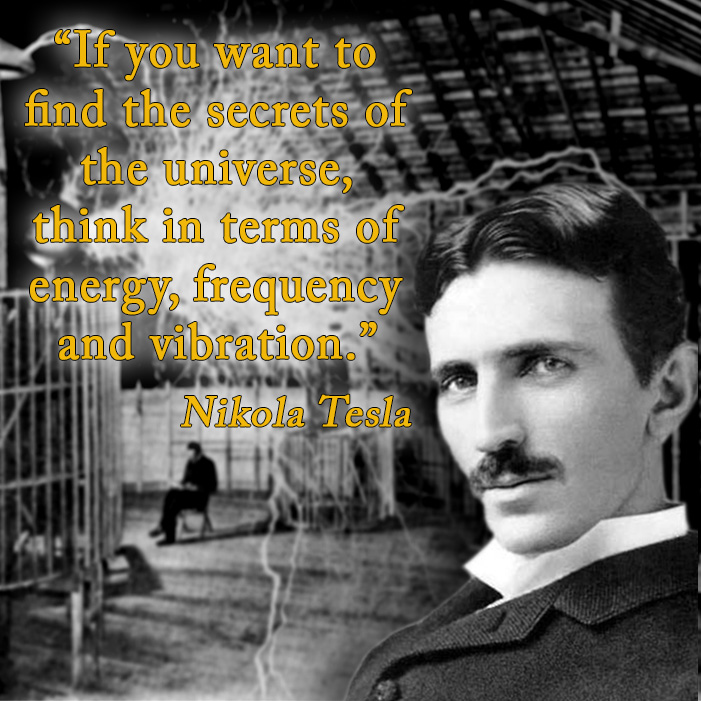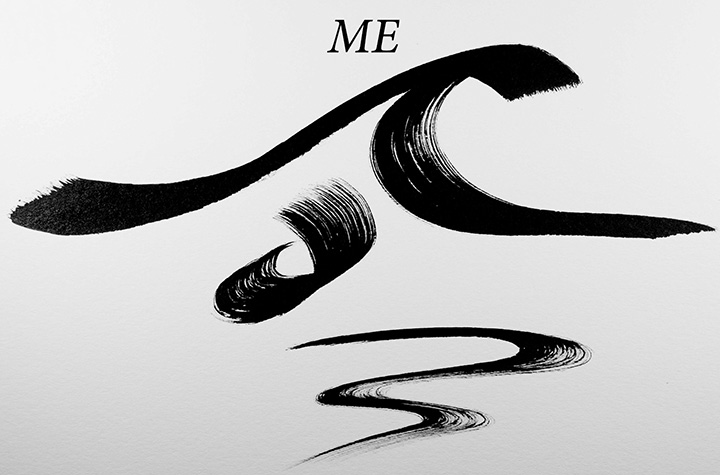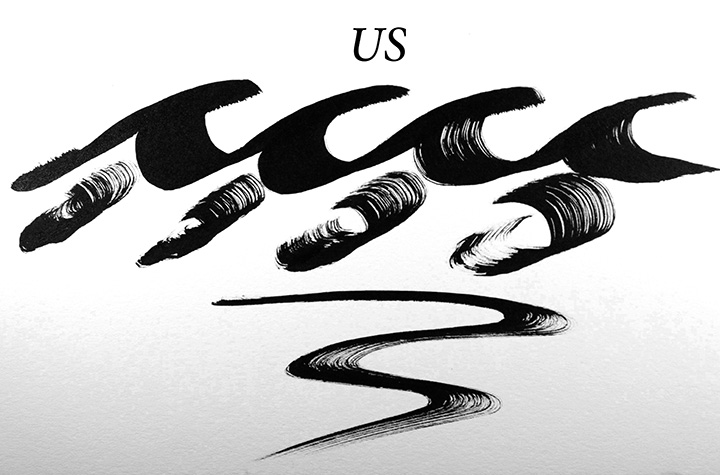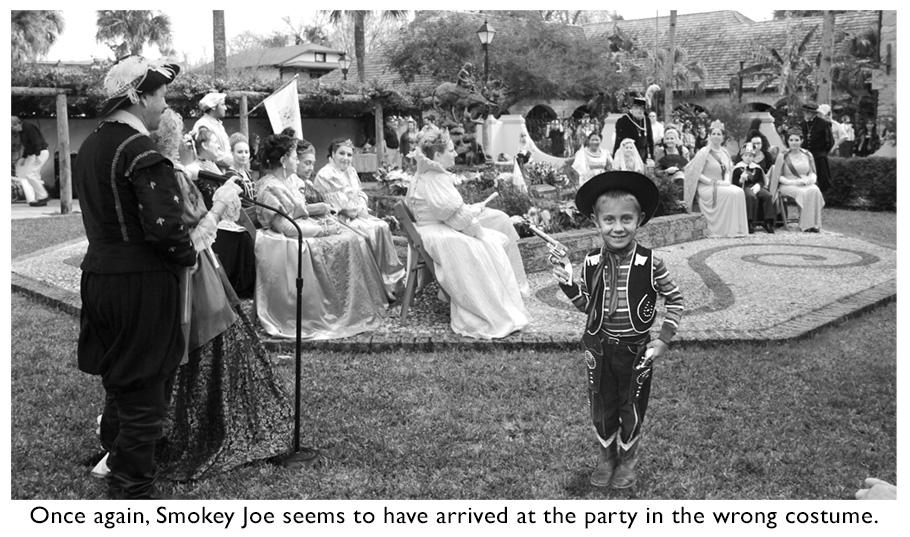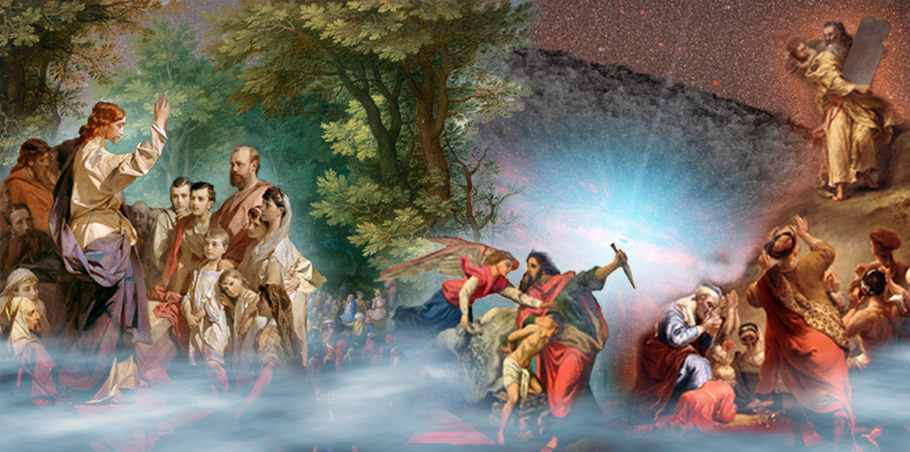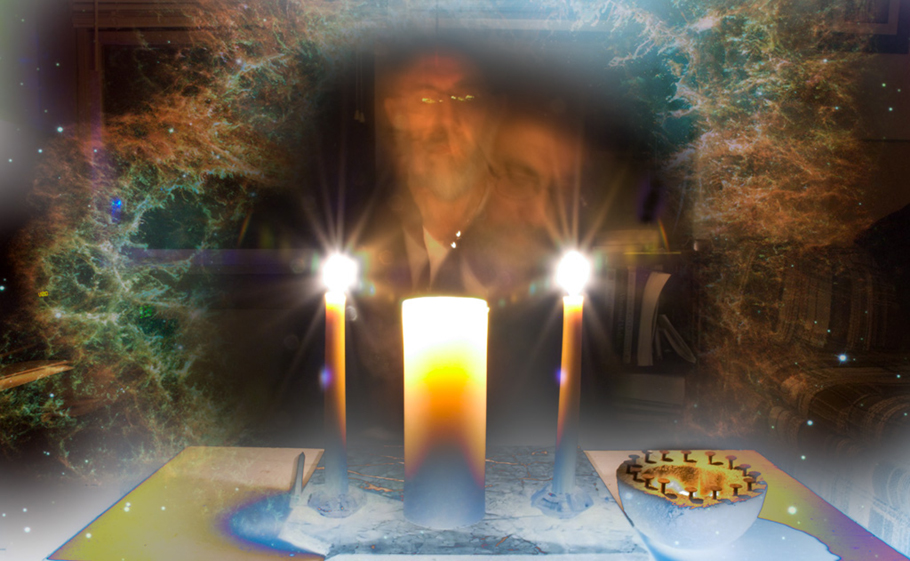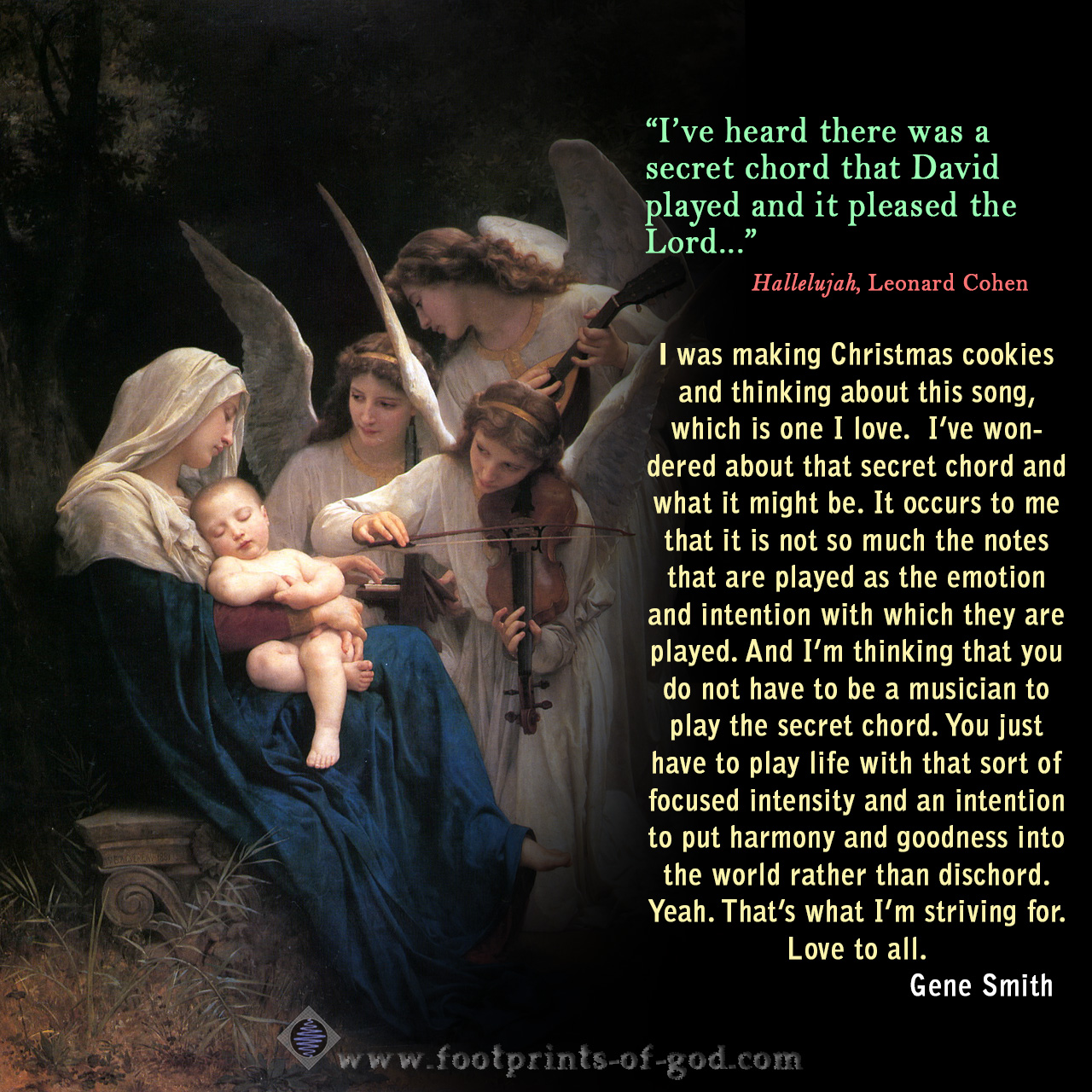For the New Year, I would like to propose a new way of looking at the world based on Tesla’s comment. One of the interesting things about waves is that they always seem to have a manifested part and a less obvious part; a field of potential of some kind. For example, with electrical wires, there is always an electromagnetic field surrounding the wire carrying the current. Another example: the little wave packets we think of as particles have a field of probability surrounding them so that one can never be sure exactly where the particle is. We can think of these examples as having a manifested aspect and an essential aspect. It is a lot easier to picture with waves on the ocean because we are familiar with and sometimes captivated by the beauty of that scene.
For a few moments, think of the sea as God, or Source, and the waves as individuals. Each of us is an individual wave with a completely individual character, a force of our own, and a finite life span in an infinite ocean. A change in the winds can cause a change in the character of a wave, and it is also affected by the currents, the phase of the moon, the depth of the water, and other forces. You could probably come up with a page full of metaphors with a slightly determined effort. But here is the aspect I want us to consider.
Picture a wave on the ocean. Then picture beneath the wave. The water in the wave is roiling with energy to the extent that if the wave moves into shallower water, the energy will push the wave higher. The roiling part of the wave is the essential wave. What we see above the water is just the manifested part. If we are at sea, the deeper you go the less effect the roiling has on the water
“How does that apply to humans,” you may ask. Think of the wave as you. The ocean represents the Oneness of our Source. The surface of the water represents our manifested world. The wave at the surface, then, is the dimension in which we find our manifested body, and the roiling energy is our spirit, which exists in other dimensions as well. As we go deeper, we begin to lose some of our materialized characteristics. We are neither male nor female; not Pisces, or Leo, or Virgo. But still there is energy there which carries characteristics of the type of force and environment in which we were created. The signature of winds long since died down are still written in our roiling waters. There is much more to “Me” than meets the eye. You, too. Some of it we are not even aware of.
If we broaden our view and our metaphor just a bit so that we can see other waves, our picture becomes even more interesting. This is how we interact in community. We are propelled by not just the energy within us, but also the energy that surrounds us. As we go deeper, we can see that we take on a community presence. And deeper, yet, we lose even that and become a part of the Source. As humans, of course we have the flexibility to move about and change our community to some extent, but we never lose the connections we have created.
For the New Year, I am encouraging myself and everyone to be aware of our interconnectedness. I want us to become more aware of how our environment and other people affect us. But I want us to become especially aware of how we affect those around us. We have a multitude of forces trying to separate us from our true being, our true nature, but ultimately all that does is take us into a world of chaos. Recognizing and seeking connections with each other is what we refer to as “love one another.”
It is not that we have to like everyone, but simply that we recognize that everyone has a part in this process, even the ones we do not agree with. And we recognize their part in shaping who we are.
Wishing everyone Peace and Many Blessings for the coming year.
